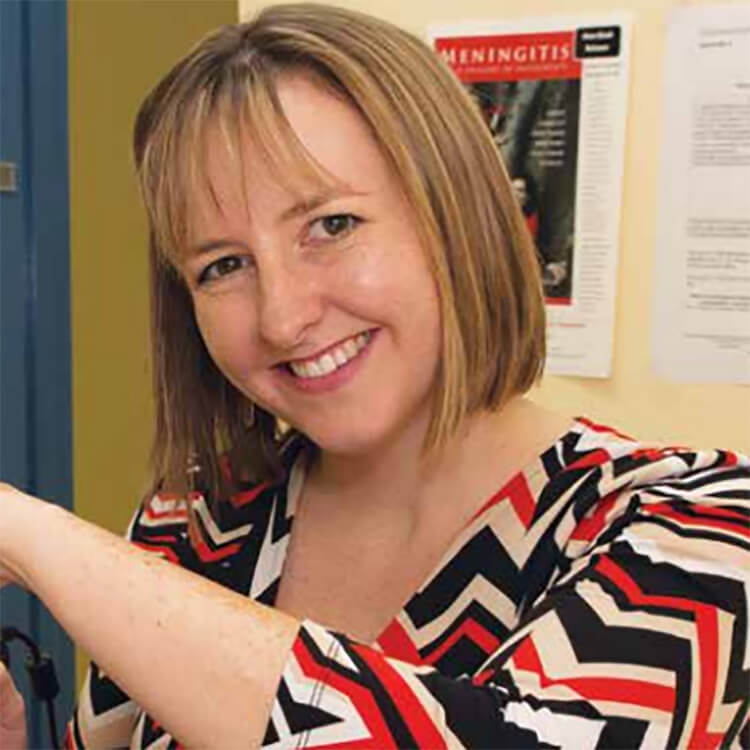Search
Research
Genetic and functional evidence implicating DLL1 as the gene that influences susceptibilityVisceral leishmaniasis (VL) is caused by Leishmania donovani and Leishmania infantum chagasi. Genome-wide linkage studies from Sudan and Brazil identified...
Research
Increased allergic immune response to Sarcoptes scabiei antigens in crusted versus ordinary scabiesScabies, a parasitic skin infestation by the burrowing "itch" mite Sarcoptes scabiei, causes significant health problems for children and adults worldwide.
Research
Do early-life viral infections cause asthma?Epidemiologic associations between viral lower respiratory infections (LRIs) and asthma in later childhood are well known
Research
Response after one dose of monovalent influenza A (H1n1) 2009 vaccine in infants and children - preliminary reportTo assess the immunogenicity and safety of a 2009 influenza A(H1N1) vaccine in children.
Research
HPV prevalence in Canberra high school students: significance for vaccination strategies and adolescent healthHPV prevalence in Canberra high school students: significance for vaccination strategies and adolescent health.
Research
A comparison of booster immunisation with a combination DTPa-IPV vaccine or DTPa plus IPV in separate injections when co-administered with MMRThis study evaluated GSK's combined DTPa-IPV vaccine (Infanrix-IPV) given as a fifth consecutive acellular pertussis booster dose in conjunction...
Research
Immunogenicity and boosting following a reduced number of doses of a Pneumococcal Conjugate Vaccine in infants and toddlersThe minimum number of doses of pneumococcal conjugate vaccine required for protection is not known. We studied the immunogenicity of a reduced schedule in...

People
Associate Professor Lea-Ann KirkhamCo-Head, Bacterial Respiratory Infectious Disease Group; Microbiology Lead, Wesfarmers Centre of Vaccines & Infectious Diseases


